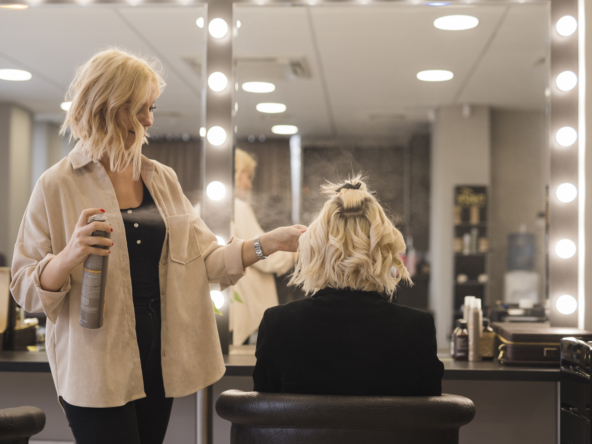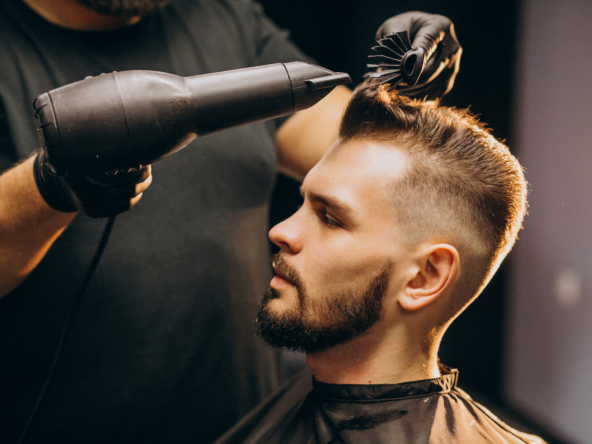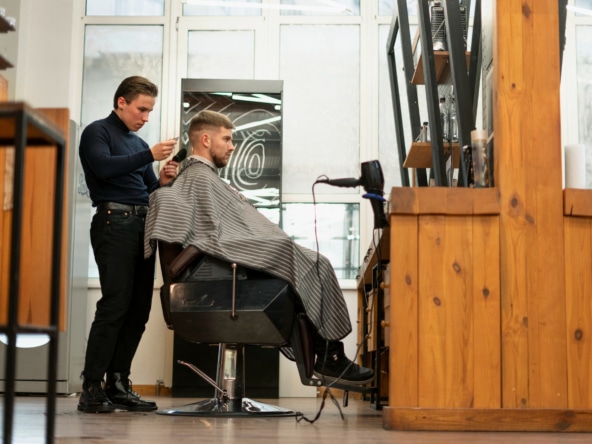For salon owners and landlords looking to optimize their income, renting out unused booths or suites can seem like the perfect solution. However, venturing into this without a grasp on the legal implications can be like setting up a hair appointment without knowing the stylist – only with much higher stakes of potentially costly and risky complications. This guide aims to shed some light on the legal intricacies involved in salon booth rentals.
Licensing Matters
Every state has its own requirements regarding the licensure of beauticians, cosmetologists, and other salon professionals. Before renting out space, it’s imperative to:
Verify the Renter’s License: Ensure each potential booth renter has a valid, up-to-date professional license for the services they will be offering. It protects your reputation and ensures you’re adhering to state regulations.
Know the Licensing Requirements: There may be additional licenses you/your booth renters are required to have, such as a business license, alcohol license, resale license, etc. Be sure to stay updated to avoid potential legal pitfalls.
Ironclad Rental Agreements
A comprehensive rental agreement is the foundation for any rental relationship. When crafting this document, be sure to detail:
- Duration and Renewal: Clearly state the leasing terms and conditions for renewal.
- Rent Details: Specify the amount, payment methods, and deadlines.
- Maintenance Obligations: Outline who is responsible for maintenance, upkeep, and utilities.
- Code of Conduct: Define behavior expectations, ensuring smooth operations and respect amongst all parties.
Navigating the Insurance Maze
While accidents are unplanned, being unprepared for them is a choice. Ensure that:
- You’re Covered: Maintain an up-to-date general liability insurance policy to guard against potential claims.
- Your Renters are Covered: While it’s on each renter to have professional liability insurance, stating this as a mandatory requirement in your rental agreement safeguards both parties.
Health, Safety, and Compliance
Depending on the jurisdiction, a health and safety certification or license may be needed, signifying that the establishment adheres to health and sanitation standards:
- Meet Health Standards: Regular inspections, strict sanitation protocols, and adherence to state regulations are non-negotiable.
- Educate Renters: It’s not enough for just the owner to be aware. Renters should be educated and periodically reminded of these standards.
Financial Implications
Renting out salon space is a business decision, and like all such decisions, it has tax implications:
- Stay Informed: Understand how rental income needs to be declared and the potential deductions available.
- Seek Expert Advice: Enlisting the services of a tax consultant can often save you money and stress in the long run.
Defining the Relationship
Misclassifying an independent contractor as an employee, or vice versa, can lead to severe legal consequences:
- Clearly Define: Use the rental agreement to specify the nature of the relationship.
- Stay Updated: Make sure your definitions and classifications are always in line with current laws.
In Conclusion
While the idea of renting out unused salon space is financially attractive, it’s crucial for salon owners and landlords to understand and navigate the legal waters efficiently. Use this guide as your starting point, but always consult with a local legal expert to tailor your approach. Properly managed, booth/suite rentals can be a win-win for everyone involved!
Disclaimer: This blog post is intended for informational purposes only and should not replace professional legal advice. Always consult with a legal expert when making decisions regarding salon booth rentals.




